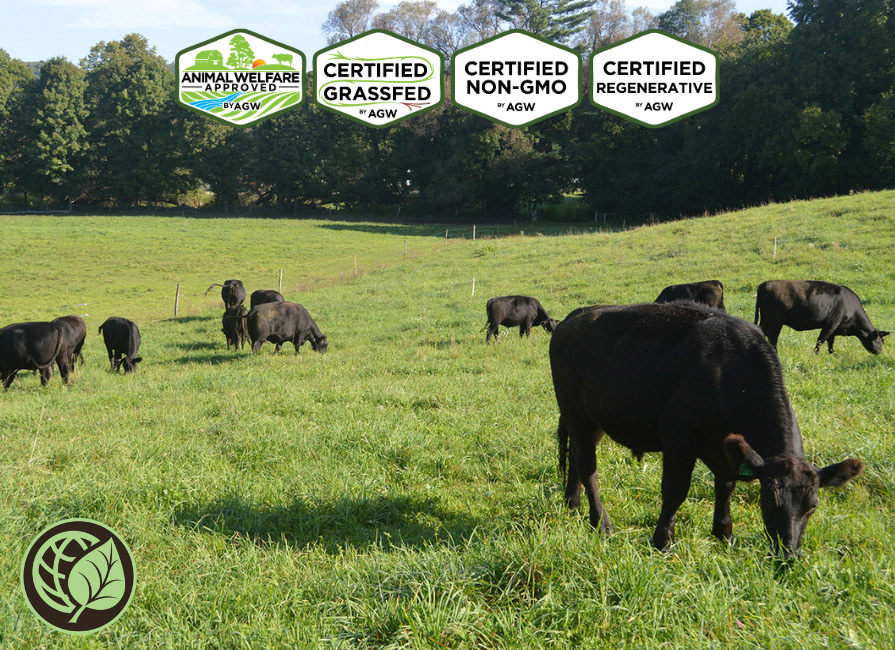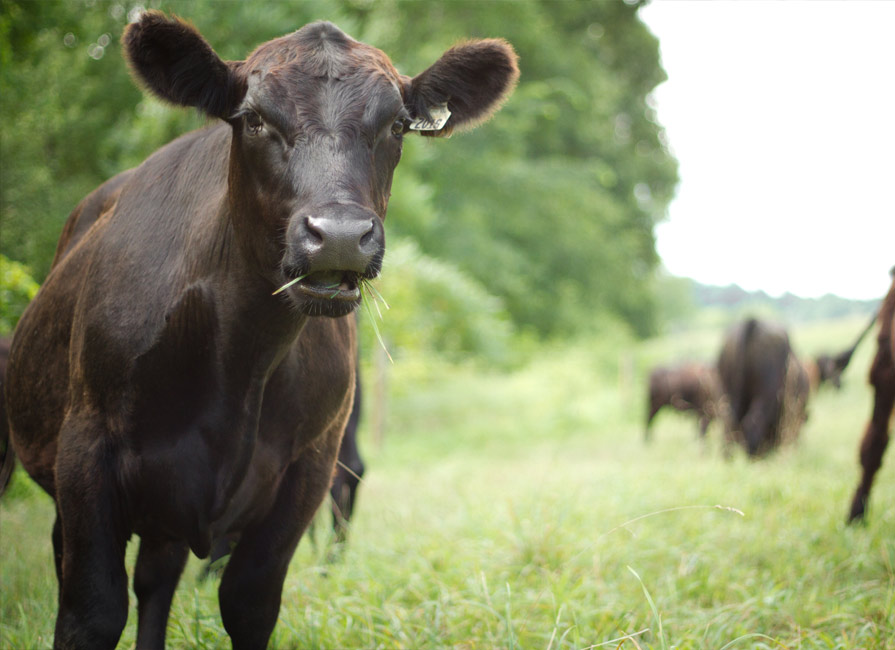A strong product label is more important than ever. A recent report by the Food…
Let’s Kill “Natural”
A new report by Consumer Reports is calling on the U.S. Department for Agriculture and U.S. Food and Drugs Administration to kill off one of the most misleading — and downright contemptible — claims you’ll find on food packaging today.
The “natural” label claim epitomizes everything that’s wrong with our food labeling laws — or should I say lack of them. The “natural” wording is found on the packaging of millions of food products sold every day, including meat, dairy and eggs. Consumers consider it an important claim: According to the new research from Consumer Reports, nearly 60% of people surveyed took for the natural label term when food shopping. When it comes to meat, dairy and eggs, almost 50% of consumers assume that “natural” on the label means the animals were raised outdoors, and not in confinement. Many consumers also think the “natural” label term means that no growth hormones were used (68%), or the animals’ feed contained no GMOs (64%), or that no antibiotics or other drugs were used (60%).
In truth, any of these practices would be acceptable under the “natural” label. In fact, the term is pretty much a free check for food manufacturers to mislead and deceive consumers into thinking they’re buying something better — when they are not.
Despite what you might think, when you see a “natural” label claim on meat or poultry packaging it has absolutely nothing to do with how an animal might have been raised or treated. According to the official USDA, “A product containing no artificial ingredient or added color and is only minimally processed (a process which does not fundamentally alter the raw product) may be labeled natural.”
In other words, the USDA considers that the term applies only to how the meat or poultry product is processed. So the farming system may have involved feedlot or confinement systems, or the routine use of antibiotic growth promoters or artificial hormones (for beef cattle), or the feeding of GMOs, or the mutilation of beaks and tails, and other questionable practices associated with intensive, industrial-scale livestock production.
The sad reality is that millions of conscientious consumers are potentially being duped and exploited on a daily basis by unscrupulous meat processors that use the “natural” label claim — many which are household names and brands. That “natural” beef you specifically chose, which also happened to display happy cattle in a green pasture, doesn’t mean the cattle were actually raised out on pasture, or fed a healthy diet, or treated according to higher welfare standards.
It simply means the beef contains no artificial ingredients or added colors, and that it was minimally processed after slaughter. In reality most of the beef cattle slaughtered for “natural” beef brands are finished on dirt feedlots, where thousands of cattle have little space for their last few months and eat mainly corn and grain to quickly gain weight. Such feedlot cattle are routinely given antibiotics and hormones in a losing battle to prevent disease and maximize growth rates. It’s hardly a “natural” existence.
Similarly, almost all “natural”-labeled eggs will come from industrial indoor poultry operations, where thousands of hens are confined in battery cages with several other birds, each with less space than a sheet of letter paper to live on. Beaks are routinely cut back using a hot knife to prevent hens from pecking each other to death out of boredom and frustration. The birds also are fed various pharmaceuticals — like arsenic — to control pests and diseases. They never see grass or sunlight, let alone roam and forage.
It’s the same story for the 60-plus million intensively-raised pigs in the U.S., confined indoors and fed growth promoters like ractopamine, with their tails cut to prevent tail biting. This pork also is labeled “natural.” Again, would you or your family call these industrial confinement production systems “natural?”
Yet the major meat processors that dominate the food industry are making billions of dollars by knowingly misleading well-meaning consumers each and every day. And the USDA—the government agency responsible for “ensuring the truthfulness and accuracy in labeling of meat and poultry products”—is doing nothing about it.
As well as fooling consumers into thinking they’re spending their hard-earned money to support more environmentally friendly or higher-welfare farming practices, scientists argue that these misleading marketing claims may also be leading to obesity and diet-related ill health. According to the latest research from the University of Houston, health-related buzzwords—including “natural”—are lulling consumers into thinking food products labeled with those words are healthier than they actually are.
We’re calling on farmers and consumers to unite behind the Consumer Reports in their effort to “Kill the Natural Label.” Please follow this link to sign the online petition. If you have bought “natural” labeled foods, why not write to the food manufacturer and voice your displeasure? Tell them you won’t buy their products again until they are honestly labeled.
Misleading labels confuse consumers and threaten the livelihoods of farmers striving to feed the nation honestly and sustainably. Seek out and buy honestly labeled food. The AWA logo is a pledge that our animals are raised outdoors in accordance with the highest animal welfare standards of any program in the U.S. and Canada. In fact, AWA is also the only farm certification which guarantees the animals were raised outdoors for their entire lives on an independent family farm using sustainable agriculture methods. No other food label offers these distinctions. You can find your nearest supplier of AWA-certified foods at www.AnimalWelfareApproved.org.



